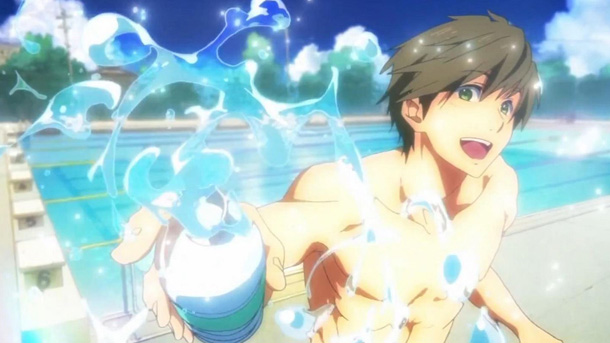- You could stay in this high tech Star Trek hotel room in Sao Paulo for $670 a night. They went all out on this!
- I LOVE PBS Idea Channel. Linking to their most recent video, Does Animal Crossing Promote Otaku Citizenship? because I’m really interested in its definition of otaku.
- On Beneath The Tangles, Charles has been paralleling Genshiken’s motleysense of community with that of a parish. I’m not religious, but Charles’ Christian anime blog is one of my weekly reads.
- So cute! Michelle and Scott share their fandom love story for Study of Anime’s ID Project. (Remember when I contributed?)
- It’s only been three days, but Little Witch Academia 2 has already earned double its funding goal. Good news for the curator of Is Little Witch Academia An Anime Yet?
- Is it Anime Christmas or something? Psycho Pass was confirmed for a second season.
- Fun or Fantasy: The Ideal Boyfriends of Tumblr. A closer look at how some women perform sexuality through the image-sharing community.
- After I wrote Why Fandom Isn’t Forever, Adam reminded me about his similar post about the video game industry. Read it here.
- Anybody know where I can watch Heroes of Cosplay on SyFy even if I don’t have cable? Of course I’ll be watching it for Yaya Han’s amazing costumes.







